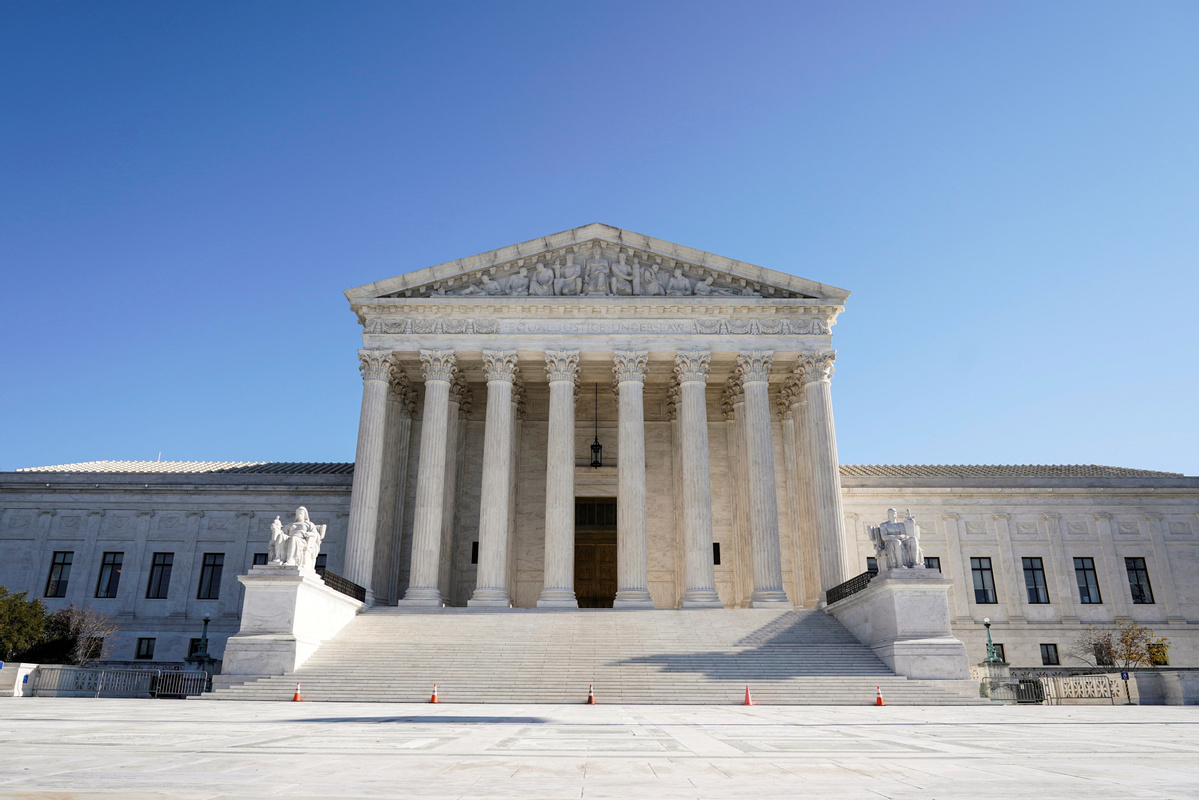US Supreme Court leans towards blocking Texas abortion law


WASHINGTON - A majority on the US Supreme Court appeared to be leaning Monday towards blocking a Texas bill that bans abortion after six weeks, the most restrictive law passed since abortion was made a constitutional right five decades ago.
A previous bid by abortion providers to halt enforcement of the "Texas Heartbeat Act" had failed in the nation's highest court two months ago by a 5-4 margin.
But two conservative justices appointed by former president Donald Trump -- Brett Kavanaugh and Amy Coney Barrett -- appeared inclined after two hours of oral arguments to join Chief Justice John Roberts and the three liberal justices in challenging the Texas law.
Laws restricting abortion have been passed in multiple Republican-led states but struck down by the courts because they violated previous Supreme Court rulings that guaranteed the right to an abortion until the fetus is viable outside the womb, typically around 22 to 24 weeks.
Texas Senate Bill 8 (SB8) differs from other efforts in that it attempts to insulate the state by giving members of the public the right to sue doctors who perform abortions -- or anyone who helps facilitate them -- once a heartbeat in the womb is detected.
They can be rewarded with $10,000 for initiating civil suits that land in court, prompting criticism that the state is encouraging people to take the law into their own hands.
Kavanaugh, in particular, appeared skeptical about the mechanics of the Texas law, asking the state Solicitor General Judd Stone about the "implications for other constitutional rights."
He said Texas seemed to be trying to take advantage of a "loophole" and asked why other states could not pass similar laws to target free speech rights, or gun laws or the free exercise of religion.
For example, Kavanaugh asked, what if "anyone who sells an AR-15 is liable for a million dollars to any citizen?"
Stone argued that it was up to Congress to decide what rights to protect, but in the abortion case, it is not the state of Texas that is enforcing the law but private individuals.
AFP

































